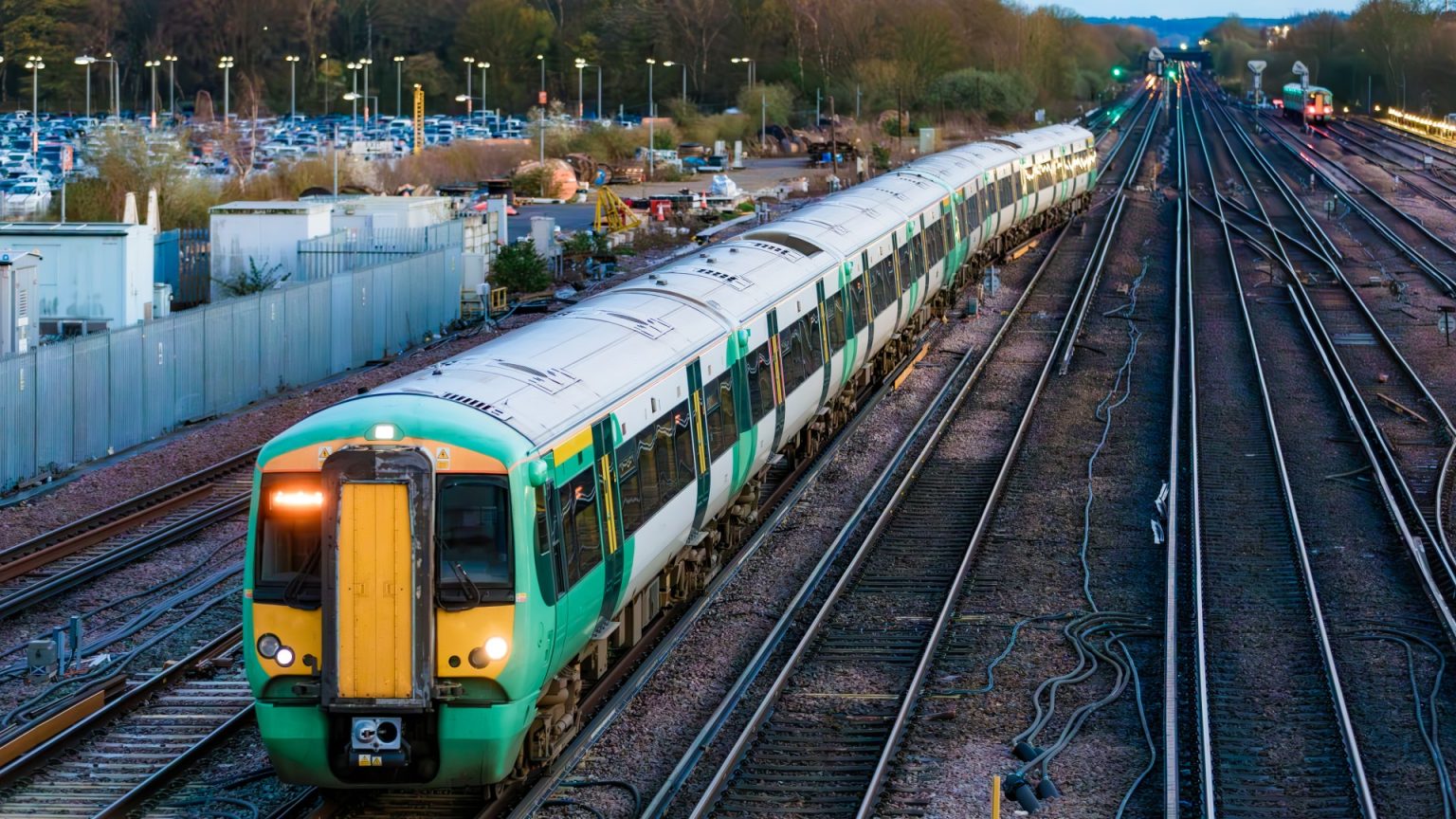Celeste, the Brit Award-winning singer renowned for her hit single “Stop This Flame,” which serves as the Sky Sports Premier League theme, recently faced legal repercussions for failing to pay a £38.90 train fare. The incident occurred on a Chiltern Railways service from London Marylebone to Bicester Village in Oxfordshire. While Celeste, whose legal name is Celeste Waite, attempted to purchase a ticket before boarding, she encountered technical difficulties with the train app. Due to time constraints, she boarded the train under the mistaken assumption that she could pay the fare on board. However, she was subsequently informed that she would be prosecuted for fare evasion.
The case against Celeste was heard in her absence at Westminster Magistrates’ Court, as she was out of the country for recording commitments. The court found her guilty and imposed a penalty totaling £546, which included a £220 fine, £288 in costs and surcharges, and the original £38.90 fare. Celeste’s representative clarified the situation, stating that a technical glitch with the train app prevented her from purchasing a ticket beforehand. Furthermore, being late for the train contributed to her decision to board and attempt payment on board, a practice not permitted on Chiltern Railways. The missed correspondence regarding the court proceedings was attributed to her being abroad. Upon learning of the outcome, Celeste accepted responsibility for the oversight and promptly paid the fine in full.
Chiltern Railways, in response to the incident, emphasized their commitment to ensuring fare compliance across their services. While acknowledging the inconvenience caused to passengers by technical issues, the company underscored the importance of purchasing tickets before boarding, either through the app, website, or at ticket offices. They further stressed that failure to do so could lead to prosecution and penalties. The incident involving Celeste highlights the importance of ensuring functional ticketing systems and raising passenger awareness regarding ticketing policies to avoid similar occurrences. It also underscores the potential for significant financial consequences for seemingly minor infractions.
This incident underscores the increasing reliance on technology for everyday transactions, and the potential pitfalls associated with technical malfunctions. While apps and online platforms offer convenience, their reliability is crucial, especially in time-sensitive situations. The case also exemplifies the complexities of enforcing fare regulations, particularly when technical issues or passenger misunderstandings come into play. Balancing the need for revenue protection with passenger fairness and understanding requires clear communication and robust systems.
From a broader perspective, this episode highlights the challenges faced by transportation providers in a digital age. The shift towards mobile ticketing and app-based services, while streamlining processes, introduces new vulnerabilities. The dependency on technology introduces potential points of failure that can impact both passengers and service providers. Robust system design, comprehensive testing, and readily available customer support are crucial to mitigating these risks. Moreover, ensuring clear and accessible information for passengers regarding ticket purchasing options and procedures is paramount to minimizing misunderstandings and potential legal repercussions.
Furthermore, the incident involving Celeste raises questions about the proportionality of fines for fare evasion, particularly in cases where mitigating circumstances exist. While the need to deter fare dodging is understandable, the imposition of substantial penalties for relatively small initial fares can appear excessive, especially in situations involving technical difficulties or genuine misunderstandings. A more nuanced approach that considers the specific circumstances of each case might be warranted. This could involve implementing a tiered penalty system that takes into account factors such as the intent to evade payment, the passenger’s history, and the presence of extenuating circumstances. Such a system could strike a better balance between deterring fare evasion and ensuring fairness for passengers.




